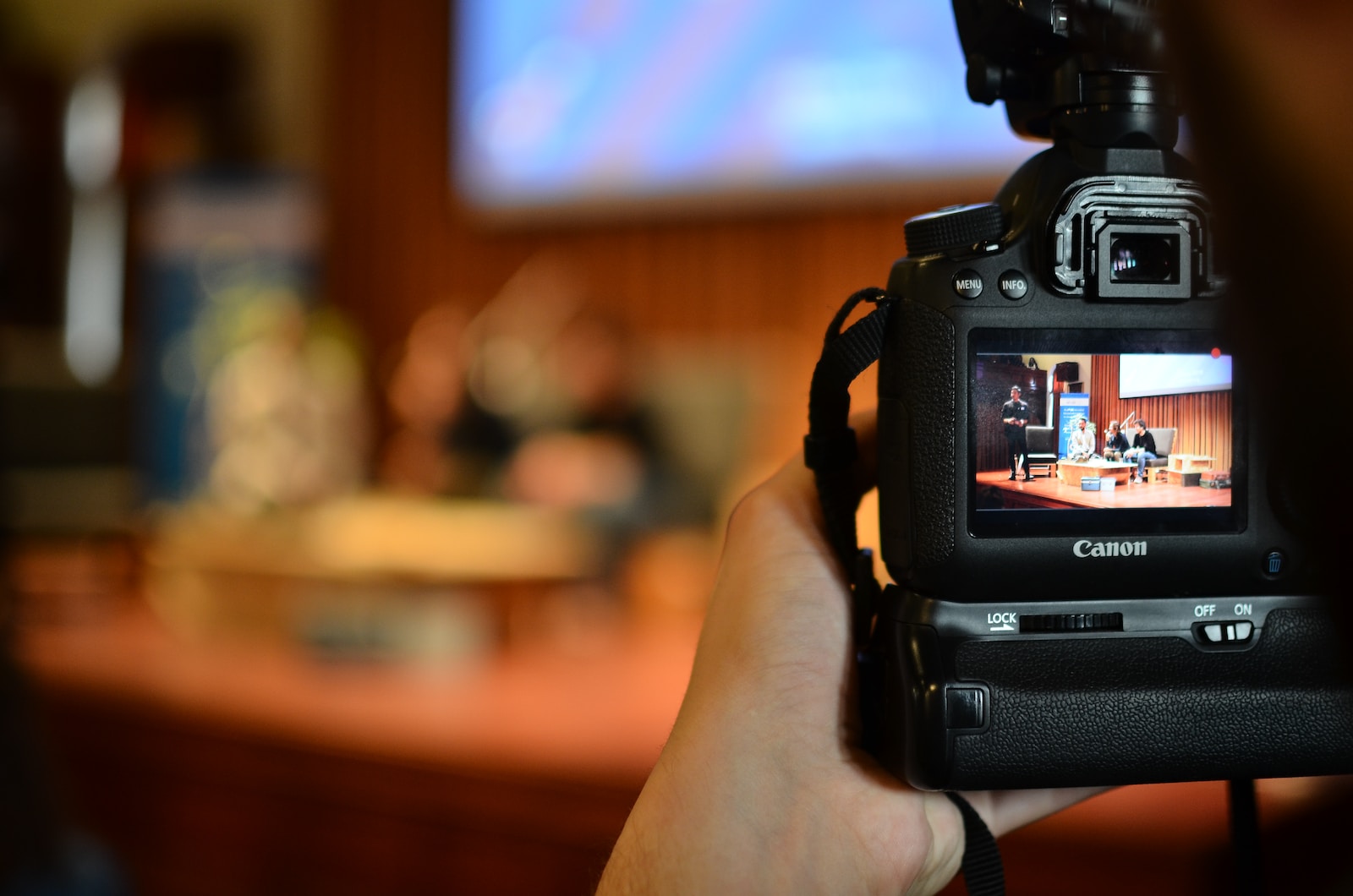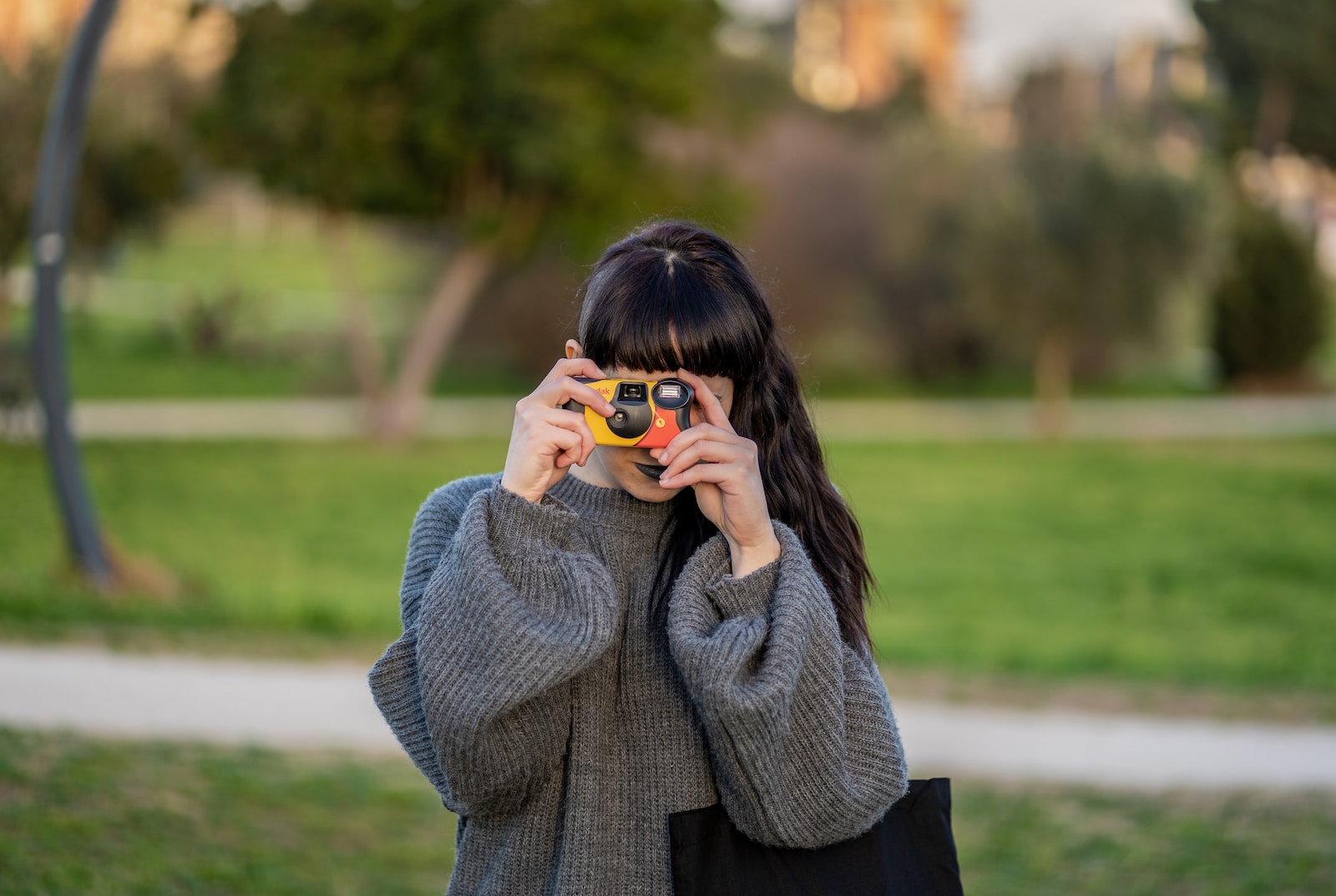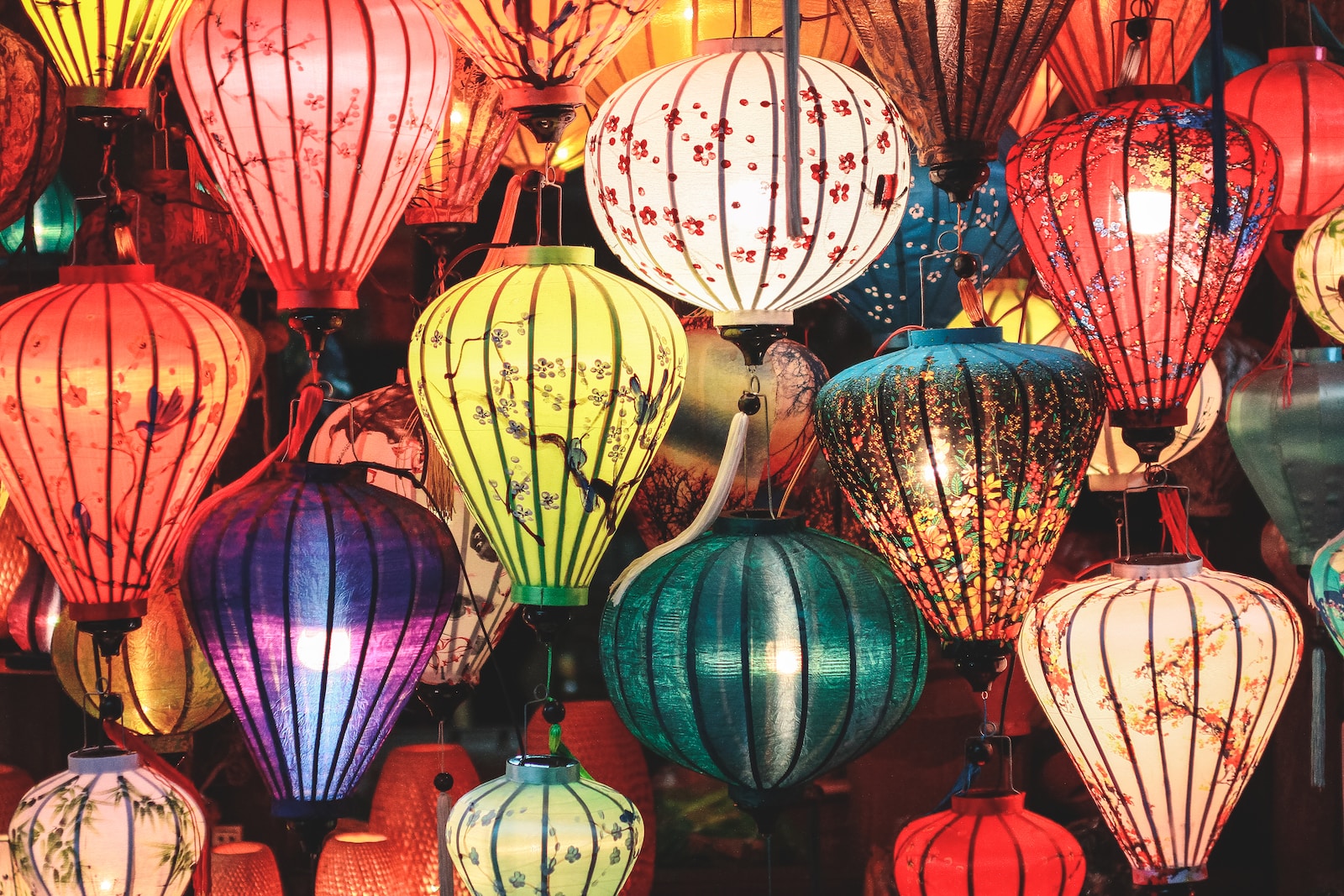Welcome to my blog, “Mastering the Art of Event Photography”! Are you passionate about capturing the perfect moments at events? Do you want to learn how to market your event photography services effectively? Look no further! In this blog, I will share with you the necessary tricks and tips to excel in event photography, from camera settings to marketing strategies. Let’s dive in and unlock the secrets to capturing unforgettable moments!
Table of Contents
- The Importance of Event Photography
- Camera Settings for Event Photography
- The Power of Capturing Moments
- Marketing Your Event Photography Services
- Capturing Emotions in Different Event Settings
- Developing a Signature Style
- Gear Essentials for Event Photography
- Master the Art of Post-Processing
- Expand Your Event Photography Network
- Become a Storyteller with Event Photography
- The Importance of Mastering the Art of Event Photography
- Frequently Asked Questions
- Wrap Up
The Importance of Event Photography
Event photography is more than just clicking a button; it’s about capturing the essence, emotions, and memories of a special occasion. Whether it’s a wedding, corporate event, or charity gathering, your role as an event photographer is crucial. Here, we will explore the various aspects of event photography and equip you with the skills needed to excel in this field.
Camera Settings for Event Photography
The right camera settings can make all the difference in capturing those stunning moments at events. To freeze the action and achieve sharp, well-exposed images, set your camera to a fast shutter speed, typically between 1/250 and 1/500 of a second. Adjust your ISO to accommodate the lighting conditions, use a wide aperture for shallow depth of field, and choose the appropriate white balance.
The Power of Capturing Moments
In event photography, capturing those special moments is what sets your work apart. Whether it’s the groom’s reaction as he sees his bride for the first time or the joyous laughter of attendees, it’s these candid shots that truly encapsulate the essence of the event. To capture those fleeting moments, be alert, anticipate actions, and keep your finger on the shutter button. Develop an ability to blend seamlessly into the background, allowing people to act naturally and candidly.
Marketing Your Event Photography Services
You may be an incredible event photographer, but without effective marketing strategies, your talents might go unnoticed. Learn how to showcase your work through online platforms, such as creating a stunning website and utilizing social media channels like Instagram and Facebook. Collaborate with event planners, build a strong portfolio, and leverage the power of customer testimonials. Establishing a strong brand presence and reputation is vital in attracting clients.
Did you know that event photography is one of the most in-demand forms of photography today? With the rise of social media and the need for capturing memorable experiences, there's no shortage of opportunities to thrive in this field.
Capturing Emotions in Different Event Settings
Each event setting possesses its unique atmosphere and emotions. Whether you’re photographing a wedding, concert, or sports event, understanding the dynamics of the environment is crucial. Adjust your shooting approach accordingly – at a wedding, focus on the intimate details and connections between individuals, while at a concert, aim to freeze action and capture the energetic vibes of performers. Adapting to diverse situations will enable you to consistently deliver remarkable photographs.
Developing a Signature Style
Great event photographers have a distinctive style that sets them apart. Experiment with different techniques, angles, and compositions to find your unique voice in the world of event photography. Developing a signature style not only enhances your creativity but also attracts clients who resonate with your work. Use distinct post-processing techniques and consistent framing to create a cohesive and recognizable portfolio that clients will be drawn to.
Gear Essentials for Event Photography
Investing in the right gear will significantly influence the quality of your event photographs. A sturdy camera body with high ISO capabilities, a variety of lenses covering different focal lengths, and external flash for low-light conditions are essential. Additionally, consider accessories such as a comfortable camera strap, spare batteries, memory cards, and a portable reflector for fill lighting. Having the right equipment will give you the confidence to tackle any event photography assignment.
Master the Art of Post-Processing
Post-processing is the final touch in creating captivating event photographs. Learn how to edit images effectively using software like Adobe Lightroom or Capture One. Enhance colors, adjust exposure, and fine-tune the overall look to match your vision. However, it’s important to strike a balance between enhancing the images and maintaining their authenticity. Avoid excessive editing that can make your photos look unnatural.
Expand Your Event Photography Network
Networking plays a significant role in growing your event photography business. Attend industry events, join photography groups, and connect with fellow professionals. Collaborating with vendors such as event planners, wedding coordinators, and venue owners can open doors to new opportunities. Establishing a network allows you to learn from others, gain valuable insights, and potentially receive referrals, ultimately growing your clientele.
Become a Storyteller with Event Photography
Event photography is not just about taking pictures; it’s about narrating a story through visuals. Craft and curate a series of images that showcase the progression of the event, the emotions felt, and the interactions between individuals. Develop a narrative flow that engages viewers and allows them to immerse themselves in the event’s atmosphere. This storytelling approach will not only leave a lasting impression but also create a unique selling point for your event photography services.
With the tips and insights shared in this blog, you’re well on your way to mastering the art of event photography. Remember, practice is key. Continuously hone your skills, stay updated with the latest trends, and never stop capturing those priceless moments. Happy shooting!

The Importance of Mastering the Art of Event Photography
Event photography is a captivating field that requires both technical skills and creativity to capture the perfect moments. Whether you’re photographing a wedding, a corporate event, or a music concert, being able to capture the essence and emotion of the event is crucial.
A Story of Overcoming Challenges in Event Photography
Every event photographer faces unique challenges, and I had my fair share of them. One of the most memorable experiences was photographing a wedding in a dimly lit venue. The low lighting conditions made it challenging to capture sharp and well-exposed photos.
To overcome this obstacle, I adjusted my camera settings to accommodate the low light. I increased the ISO to a higher value, opened up the aperture to allow more light into the lens, and used a slower shutter speed to capture more light. These adjustments enabled me to capture stunning photos without compromising image quality.
Additionally, I had to be quick and agile to capture candid moments throughout the event. Whether it was the bride’s joyful tears, the groom’s nervous glances, or the guests celebrating, I had to be in the right place at the right time. This required constant vigilance and anticipation.
Being able to adapt to different environments and handle unexpected challenges is a crucial aspect of event photography. It’s not just about having a great camera and technical skills; it’s about being prepared for any situation and having the ability to think on your feet.
Fortunately, all the challenges I faced during that wedding ultimately helped me develop my skills and expand my creative boundaries. It taught me the importance of adaptability, perseverance, and quick thinking in event photography.
By mastering the art of event photography, you can confidently capture those special moments and create memorable experiences for your clients.
The Benefits of Mastering Event Photography
Mastering event photography not only benefits you as a photographer but also allows you to provide outstanding services to your clients. Here are a few key benefits:
- Preserving Memories: As an event photographer, you have the power to freeze moments in time. Your photos allow people to relive their special events and cherish those memories forever.
- Capturing Emotion: Through your lens, you can capture genuine emotions and expressions. These raw and authentic moments are what make event photography so valuable.
- Creative Expression: Event photography allows you to showcase your unique artistic vision. You can experiment with composition, lighting, and angles to create visually stunning images.
- Building Relationships: Event photography often leads to long-lasting connections with clients. By providing exceptional services and capturing their important moments, you can establish yourself as a trusted photographer in the industry.
- Professional Opportunities: Mastering event photography opens up various professional opportunities. From weddings to corporate events, there is a demand for skilled photographers who can beautifully capture these occasions.
By constantly honing your event photography skills and learning new techniques, you can stay ahead of the competition and build a successful career in this dynamic field.
Frequently Asked Questions
1. What are the essential camera settings for event photography?
When it comes to event photography, it’s crucial to have the right camera settings to capture those perfect moments. Here are the recommended settings:
- Use Aperture Priority (A or Av mode) to control depth of field.
- Set a wide aperture (low f-number) for shallow depth of field and to blur the background.
- Adjust ISO according to the lighting conditions; higher ISO for low light situations and lower ISO for well-lit environments.
- Select the appropriate white balance setting to ensure accurate color representation.
- Choose the right shutter speed to freeze action or create motion blur.
2. How can I capture the perfect moments at events?
Capturing those perfect moments at events requires a combination of skill, preparation, and anticipation. Here are some tips:
- Be proactive and always keep your camera ready to capture spontaneous moments.
- Get familiar with the event program to anticipate key moments that are worth capturing.
- Look for unique angles and perspectives to make your photos stand out.
- Focus on capturing emotions and interactions between people.
- Use burst mode to capture a series of shots for fast-paced action.
3. How can I market my services for event photography?
Marketing your event photography services is crucial to attract clients and stand out from the competition. Here are some effective marketing strategies:
- Create a professional photography website showcasing your portfolio and services.
- Utilize social media platforms, such as Instagram and Facebook, to showcase your work and engage with potential clients.
- Collaborate with event planners or venues to offer your services as part of their packages.
- Attend relevant networking events to connect with potential clients and industry professionals.
- Offer special promotions or discounts to attract new clients and encourage repeat business.
Wrap Up
Mastering the art of event photography is a journey that requires continuous learning and practice. By understanding the essential camera settings and techniques, you can confidently capture those perfect moments at events. Remember to always be prepared and adaptable to the ever-changing environment.
Marketing your photography services is equally important. Utilize social media platforms, create a website, and network within the industry to get your name out there. Showcase your unique style and share your exceptional work to attract potential clients.
Now it’s your turn! Have you tried event photography before? What challenges have you faced, and what tips have you found helpful? Leave a comment below and let’s continue the conversation!



